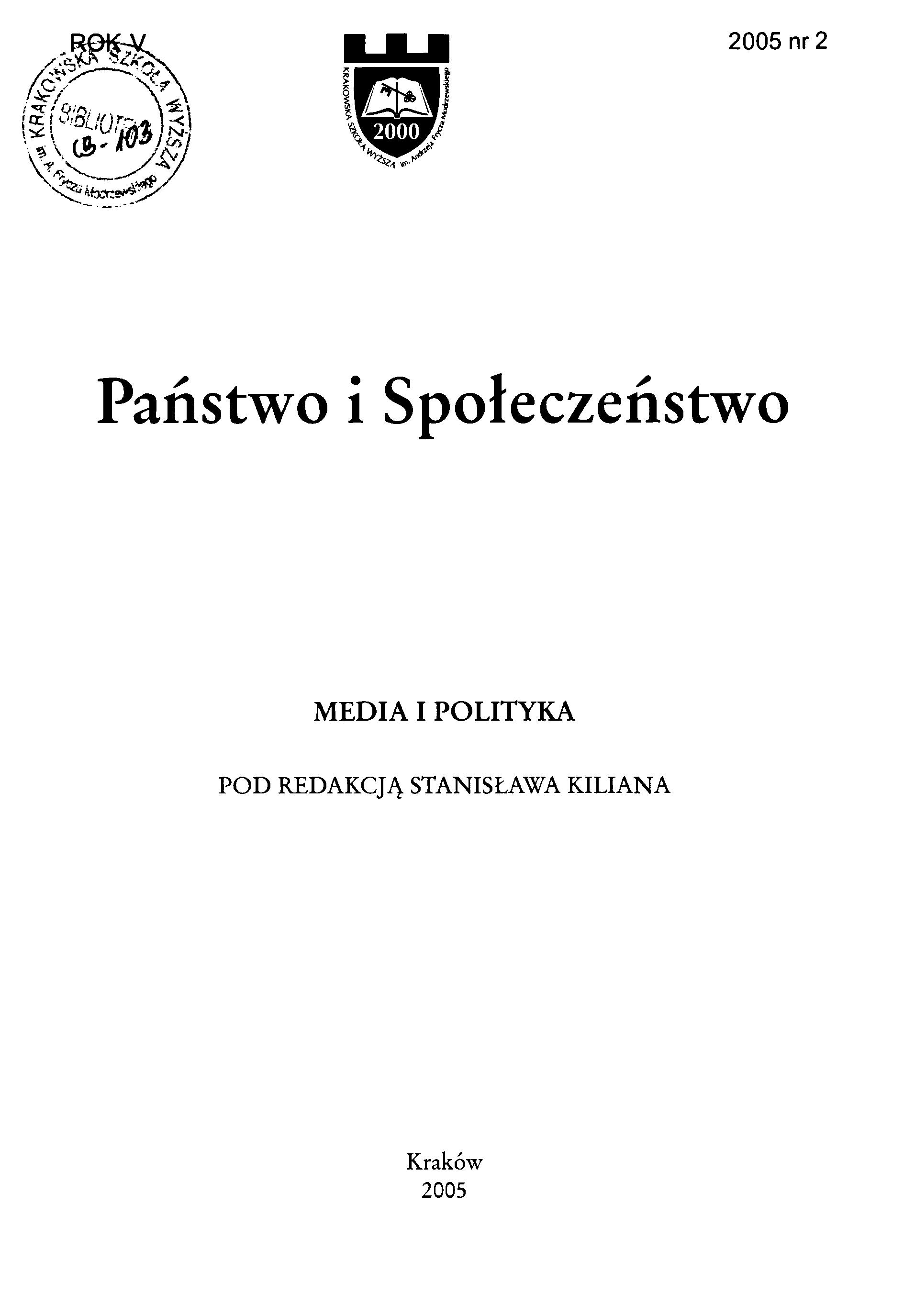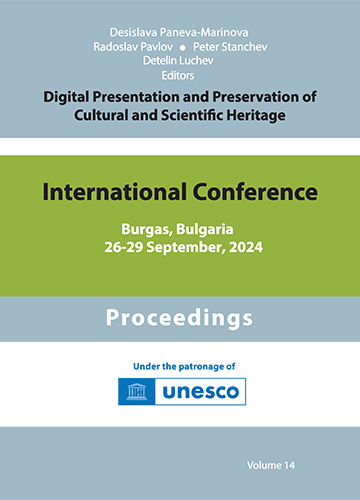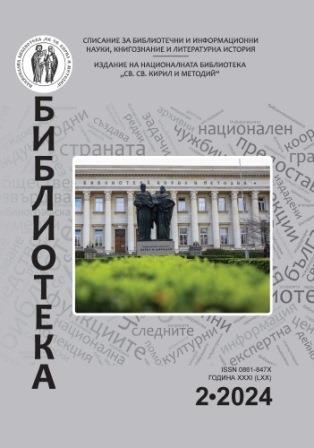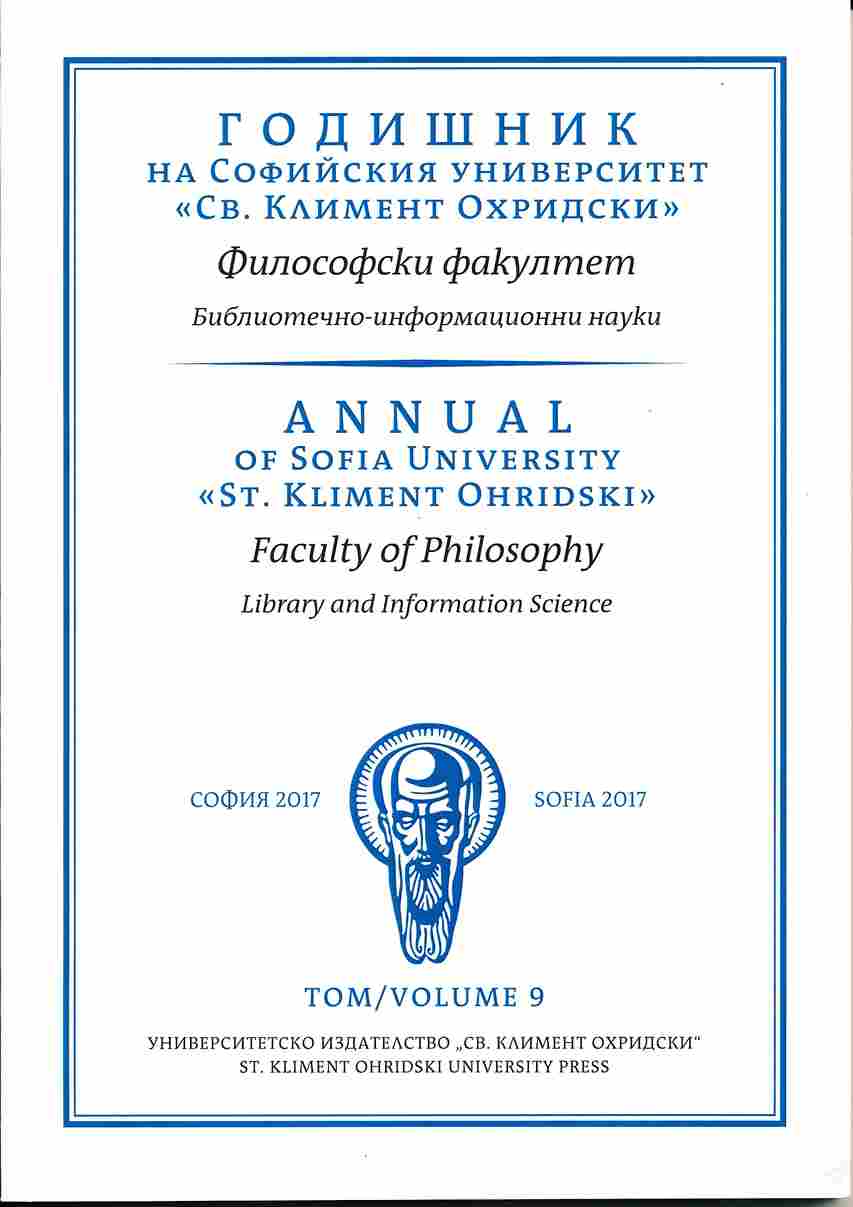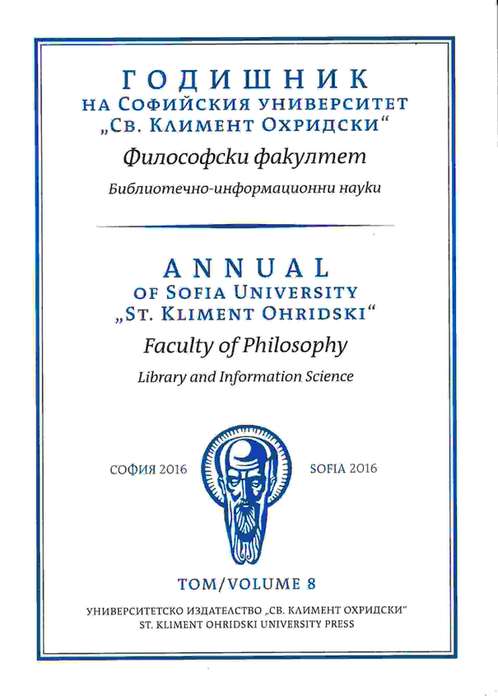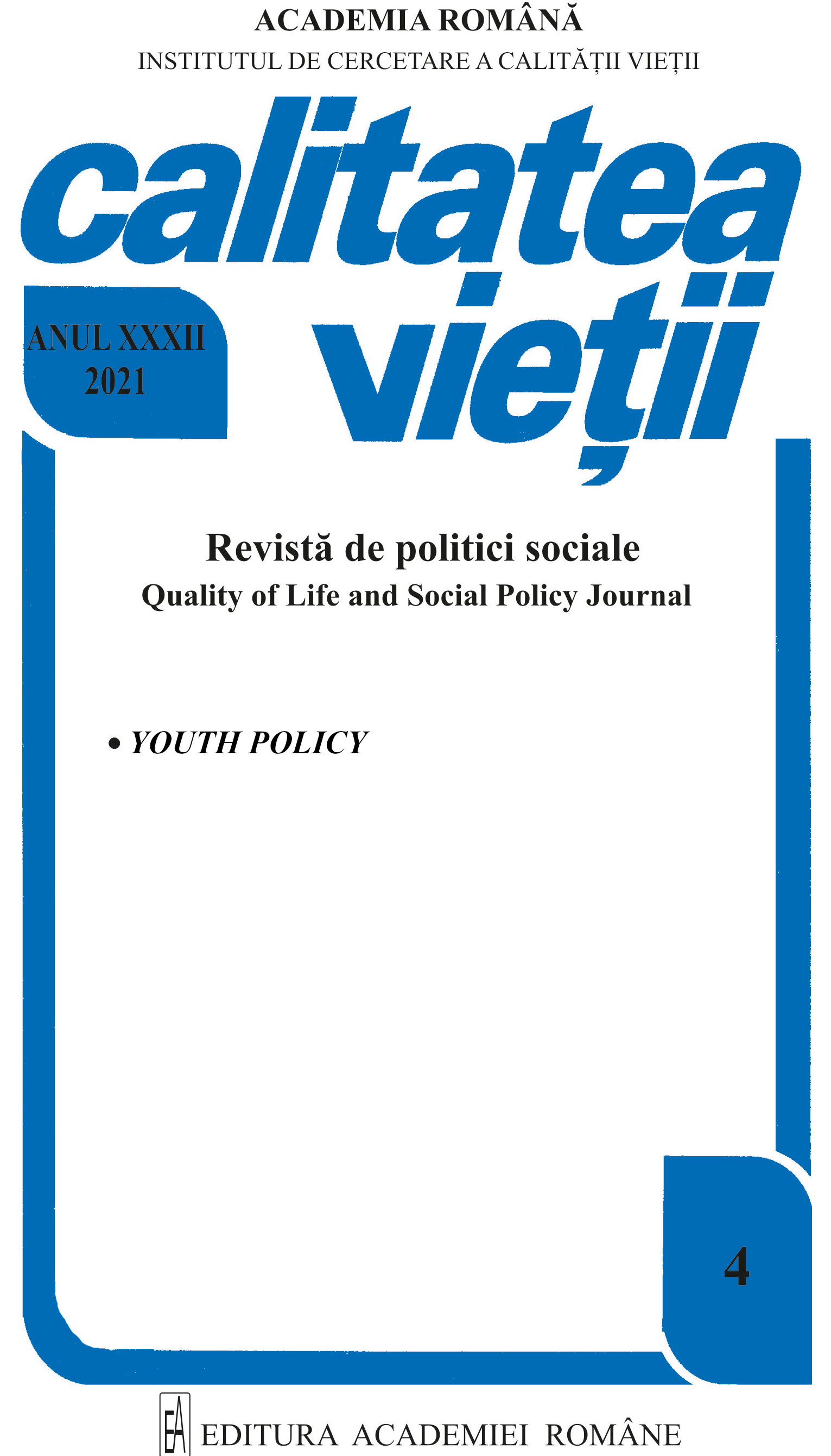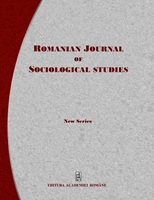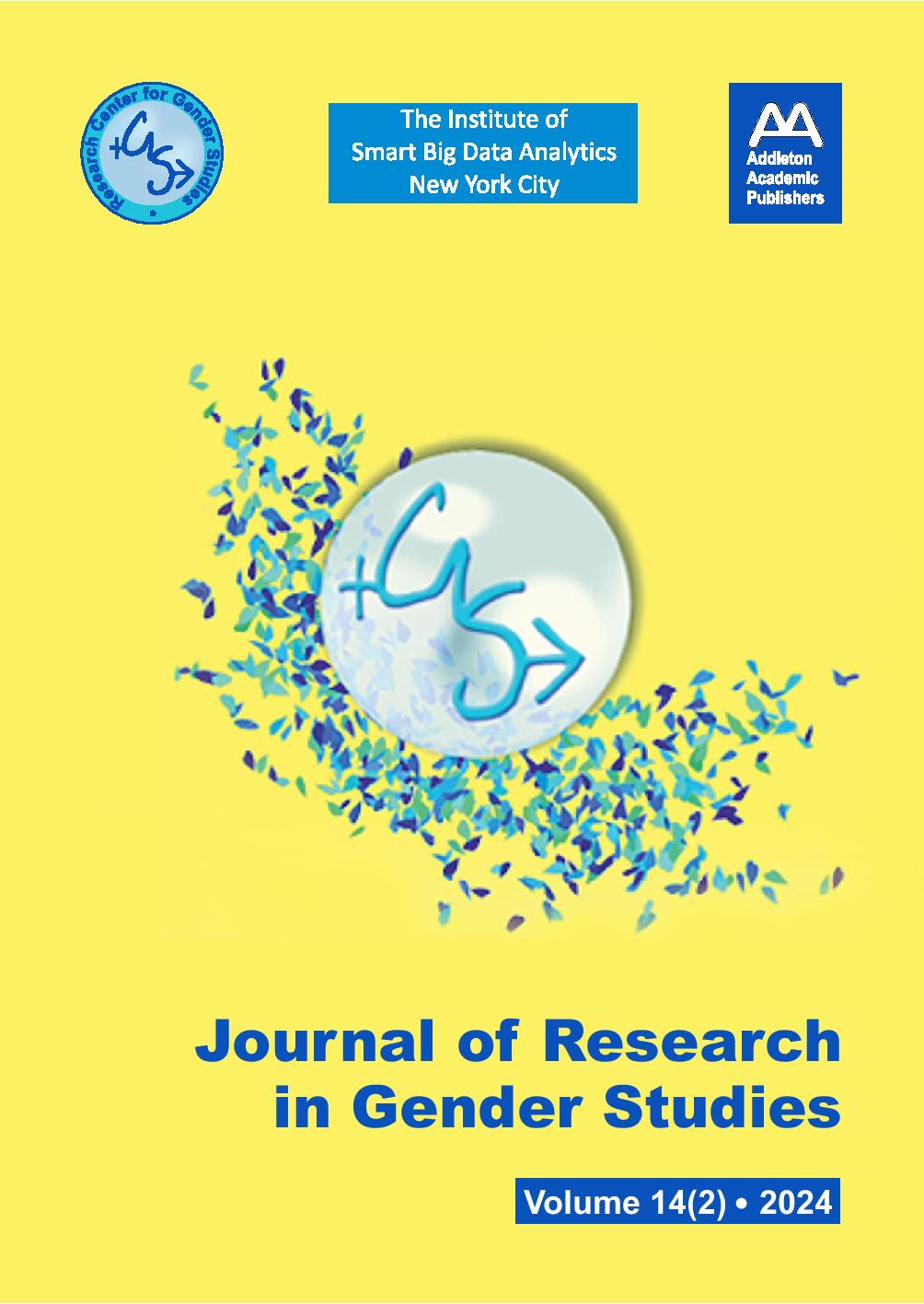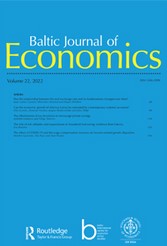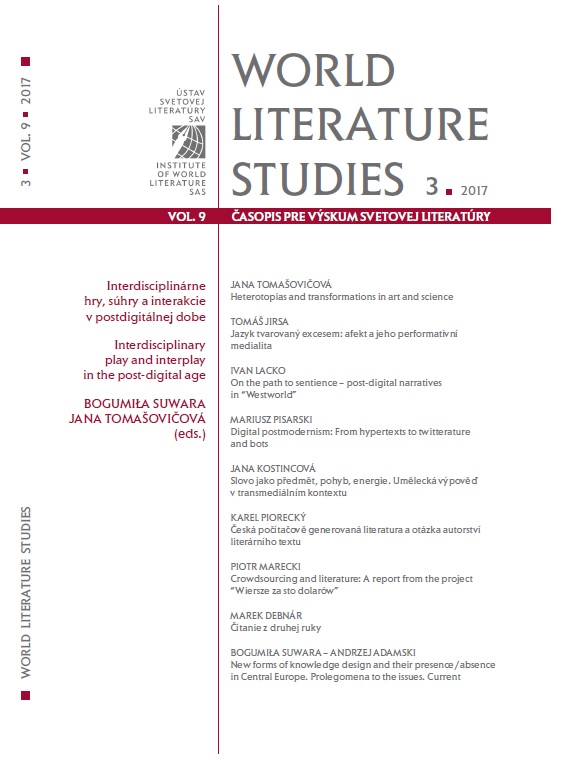
Digital postmodernism
The article attempts to highlight a major aesthetic shift that is taking place in electronic literature: born-digital literary production written and read on computers and smartphones.A large proportion of recent e-literature is not only disseminated via social networks but its form and content is increasingly being shaped by Facebook, Twitter and their preferred communication formats (tweets, posts, statuses). The experimental phase of electronic literature when contemporary writers were establishing their identity by relating their poetics and ideologies to those of the modernist avant-gardes of the 20th century (a trend labelled by Jessica Pressman as “digital modernism”) is giving way to a more ludic approach where e-literature is seeking out a larger audience via social media and in the language of social media (a tendencyI call “digital postmodernism”). In the process, the scale and scope of a single work is being further compressed and the human author is being accompanied by non-human agents(network algorithms, bots). Is literature still literature, or perhaps – in this context and point of view – should we treat it as post-literature?
More...
